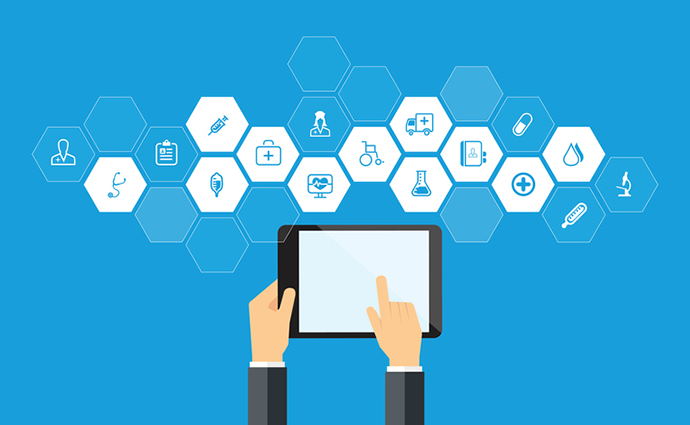With ANY BRAINS AT ALL, your stroke hospital could easily create a music protocol from these posts. But they have proven they have no brains, music has been proven for years to help stroke recovery and your stroke hospital is so fucking incompetent they have done nothing with it.
-
music
(81)
-
music therapy
(49)
-
musical training
(13)
mHealth Partnership Adds Music Therapy to Stroke Rehabilitation Toolkit
Health Catalyst and MedRhythms are joining forces to include the latter's music therapy mHealth platform as a resource for payers and providers looking for digital therapeutic programs to aid in stroke rehabilitation.
Source: ThinkStock
- A new
partnership aims to add music therapy to a health plan’s or provider’s
mHealth toolkit for helping patients recovering from a stroke.MedRhythms, a Boston-based digital therapeutics company that combines sensors, AI technology and music in physical rehabilitation programs focused on walking, has forged a partnership with Health Catalyst’s new life sciences business to make its platform available to payers and providers looking for new ways to enhance stroke rehabilitation programs.
Through the deal, Health Catalyst – which uses data analytics to identify care gaps and works with payers and providers to identify digital therapeutic solutions – will include the MedRhythms service in its list of optional treatments for patients who aren’t getting the most out of traditional stroke rehabilitation programs.
“This partnership comes at a crucial time in the digital therapeutics industry,” Carlos Rodarte, senior vice president of strategy and business development for the life sciences at Health Catalyst, said in a press release. “Several companies in this field have completed or are completing important trials demonstrating the significant clinical impact of true, validated and regulated digital therapeutics, paving the way for an entire new industry in digital health which has disruptive potential globally to deliver rapid, efficient therapies for patients with unmet needs.”
MedRhythms, which began as a therapy program launched out of Partners Healthcare’s Spaulding Rehabilitation Hospital, is part of the new wave of digital therapeutics services aimed at replacing medications in patient care. The movement, which includes but is not limited to wearables, patches and tattoos, ingestibles, virtual support programs and virtual and augmented reality, gained traction at the 2017 Connected Health Conference in Boston with the launch of the Digital Therapeutics Alliance (DTA).
MedRhythms’ first product is MedRhythms Stride, a digital health platform for stroke rehabilitation that focuses on Rhythmic Auditory Simulation (RAS). mHealth sensors attached to a patient’s feet gather gait parameters, which are then analyzed by a smartphone app that pairs the patient’s gait with music.
“Rhythm is the main driver of the interventions we have,” company president Owen McCarthy told mHealthIntelligence.com in an October 2018 interview. “And it’s the type of thing we’re going to see more and more of in healthcare.”
“Music integration is meant to be paired with physical recovery programs and wellness/meditation programs,” added Jeff Yasuda, CEO of San Francisco-based Feed.fm, whose Health.fm service targets stress relief and pain reduction as well as rehab. “The combination of personalized, dynamic content with the right music is where the real gains can be seen.”
The Health Catalyst partnership pushes MedRhythms’ digital therapeutic service out to health plans and health systems looking for connected health platforms to improve clinical outcomes related to stroke recovery and rehabilitation. Company officials say RAS “has been shown in over 50 clinical research studies to improve walking for patients with stroke, traumatic brain injury, multiple sclerosis, cerebral palsy, and Parkinson's Disease.”
“One of the biggest challenges facing life science companies is how to integrate their products within the clinical workflow so they are able to improve patient outcomes,” Elia Stupka, PhD, general manager of Health Catalyst's life science business, said in the press release. “Health Catalyst will leverage our services and relationships with some of the nation's largest provider organizations to develop a convenient means of providing MedRhythms' products and those of life science companies in general within the clinical workflow, in a manner that's respectful of clinicians' existing care processes.”
No comments:
Post a Comment